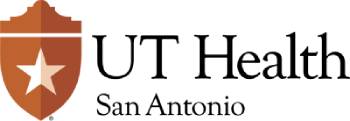In phase exams, lectures and wet labs, second-year medical student Linda Pham Pearson is learning the equivalent of a medical encyclopedia. But she and her classmates are soaking up equally valuable lessons through a program called Frontera de Salud (Border of Health).
Pham Pearson and other Frontera de Salud volunteers have broken in their new stethoscopes and reflex hammers at health fairs and community visits in Laredo and Robstown, Texas, located near Corpus Christi. “The trips are why I want to become a doctor—to help my community in every way possible, especially those who have limited access to health care services,” Pham Pearson says.

Frontera de Salud reaches about 300 patients per year. The students provide crucial clinical interventions and preventive health care to the underserved. These visits are often the only opportunity that many of the citizens have to obtain health care.
Ruth E. Berggren, M.D., says “Humanism is a way of being, a set of deep-seated convictions about one’s obligations to others, especially others in need. It is a major goal of the Center for Medical Humanities & Ethics to promote humanism as a value in medical education. Frontera de Salud is a great example of how to accomplish that.”
In the midst of a brain-crunching medical curriculum, it certainly reminds Linda Pham Pearson why she is determined to achieve her medical degree.
- An estimated 60 students participate in the Frontera de Salud program each year, which is supported by grants from the Arnold P. Gold Foundation, Methodist Healthcare Ministries, the Center for South Texas Programs at the Health Science Center and The University of Texas System.
